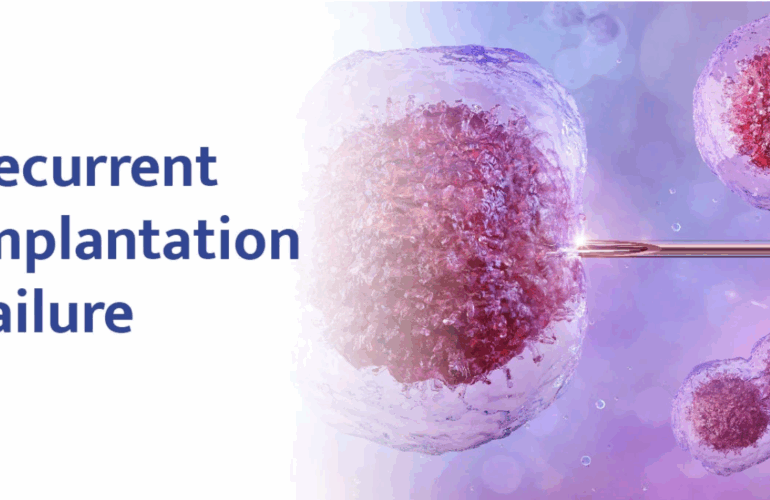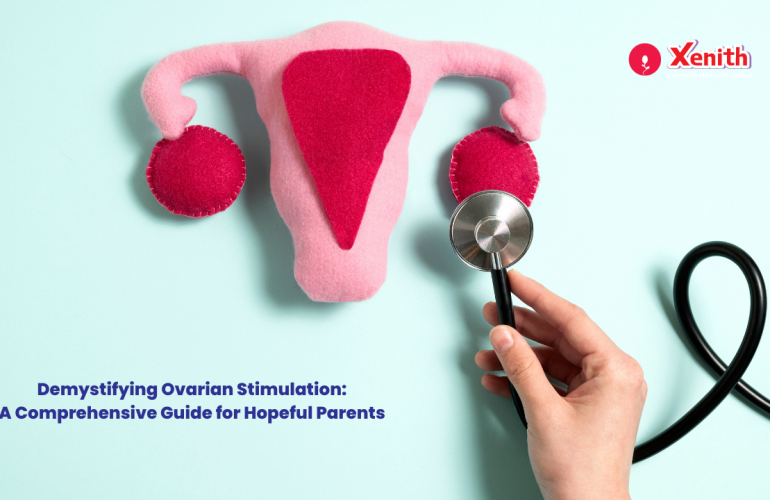It is an exciting time when a couple decides to start a family! The first few months are filled with exciting anticipation. Will I hear the good news this month? Will my pregnancy test be positive? In most cases, good news is not too far away. But for some couples, disappointments can come as one home fertility test after another turns out to be negative. When should you seek help? If you are more than 35 years old and have been trying unsuccessfully for 6 months, or if you are younger than 35 years old and have been trying for more than a year, it is time to see a fertility specialist.
Infertility can be caused by a number of factors and the good news for women who have not been able to conceive easily is that many of those factors can be easily resolved. See if you are experiencing any of these symptoms listed below.

Free Thursday Consultation
Book Your Appointment1. Irregular menstrual cycles
A woman’s menstrual cycle is nature’s way of preparing her body for a possible pregnancy after she has ovulated. The average cycle is around 28 days long on average and there are hormones that work in concert during the entire cycle. Dysfunction in the rhythmic hormone regulation causes irregular menstrual cycles. There could be various reasons as to why the hormones are not being regulated and this needs to be determined if the periods have been irregular for more than 3 cycles.
Factors like stress or heavy workouts also can cause your period to temporarily disappear. If you were on birth control and have stopped using them, sometimes your body will need a few months to regulate but if you don’t get a period even after 3 months, you should consult seek medical advice.
2. Intense cramps and pain during your period
If you are experiencing pain in the lower abdomen, lower back, pelvis, rectum, or vagina. If you have pain during sexual intercourse, irregular or painful menstruation you should check out why. These may be symptoms of endometriosis which may cause infertility in a small percentage of women. Most women who have endometriosis don’t have any symptoms, but if you are experiencing any one of these, we recommend seeing a doctor.
3. Sudden weight gain
If you have sudden unexplained weight gain, even if you did not change your eating habits or your level of activity, it could be a sign of infertility. Unexplained weight gain can be related to a number of causes and some of these can affect fertility.
4. Excessive hair growth
This is a sign of hormonal imbalance in the body. Your body is producing an excess of male hormones. You may see excessive hair growth in unusual places where women don’t usually have a lot of hair like the face, chest, back or arms.
5. Hair loss
Thinning hair could indicate a thyroid disorder, or anemia, or polycystic ovaries. Thyroid disorders affect the level of production of certain reproductive hormones which, in turn, can interfere with the release of the egg from the ovary. Thyroid disorders could also cause dry skin conditions and unexplained fatigue.
6. Severe acne breakout
If you experience a sudden breakout of severe acne as an adult, it may be an early sign of Polycystic Ovary Syndrome (PCOS). In about 25% of the cases, PCOS has been associated with ovulation problems that can make pregnancy difficult to achieve.
7. Bleeding between periods or after intercourse
Bleeding between periods, having heavy periods or bleeding after intercourse could be a sign of a reproductive issue. Irregular spotting one to two weeks apart may indicate that ovulation is not happening at all. We recommend you consult with a fertility specialist to find out the underlying causes.
8. Pain in the pelvic area
Pain in the pelvic area can be caused by a number of disorders. It could be a urinary infection, a gynecological problem, even a musculoskeletal problem. Studies suggest that gynecological problems constitute only 20% of chronic pelvic pain.
However, if you have pelvic pain along with fever and an abnormal discharge, it could be a sign of infection which may lead to scarring and tubal blockage. This needs attention as it could lead to reproductive issues.
If you suffer from any of them, come visit us. Even if none of the symptoms relate to you, but you have not conceived after actively trying for some time, consult the experts at Xenith Advanced Fertility Centre. As we said, most infertility issues can be resolved with the right treatment. We recommend you don’t put it off. Early treatment and diagnosis has better outcomes than ones that are delayed.





Comments are closed.